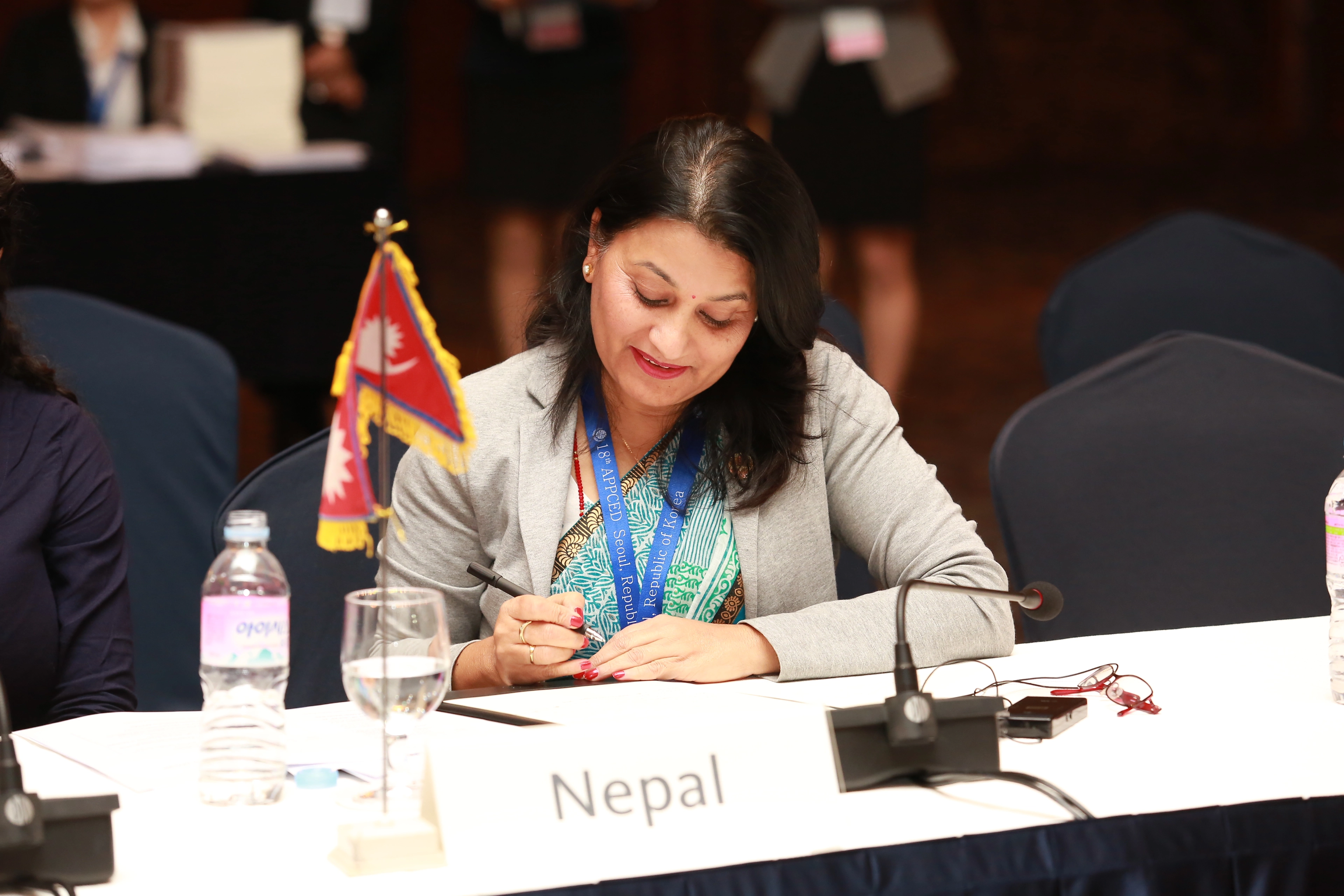
Mahalaxmi Upadhyay (Dina)
A pioneering political leader dedicated to democracy, women's rights, and social justice in Nepal
About Mahalaxmi (Dina)
Mahalaxmi Upadhyay, popularly known as Dina, is a prominent political figure in Nepal's democratic movement. From her early days influenced by her politically active family to becoming a central member of the Nepali Congress, her journey embodies courage, resilience, and unwavering commitment to democracy and women's rights.
Political Heritage
Born into a family with deep roots in Nepal's democratic movement, with her grandfather Uday Nath Adhikari serving time in prison for his political beliefs.
Educational Background
Studied at Kanya Madhyamik School in Lainchour, Kathmandu, and later at Padmakanya Campus, where she began her journey in student politics.
Political Philosophy
Committed to democracy, women's rights, and social justice. Her political ideology was shaped by her experiences in prison and her interactions with senior political leaders.
Political Journey
From student activism to parliamentary leadership, Mahalaxmi Upadhyay's political journey spans decades of commitment to democracy and social justice in Nepal.
Student Movement
Participated in the student movement following Bhutto's death in Pakistan, which sparked protests in Nepal.
This early political involvement showed Mahalaxmi's commitment to democratic principles from a young age.
Satyagraha Movement
Participated in the Satyagraha called by the Nepali Congress, was arrested and spent 7 months in the Women's Central Jail.
This imprisonment became a formative experience that shaped her understanding of women's issues in Nepal.
Student Leadership
Elected as President of Padmakanya Campus Student Union, one of the five major college leadership positions in Kathmandu.
Her leadership at Padmakanya Campus demonstrated her growing political influence among students.
Parliamentary Election
Contested and nearly won in the general election from Makwanpur district with the support of Girija Prasad Koirala.
Although she didn't win, this campaign established her as a serious political contender.
Social Activism
Founded the first NGO in Makwanpur, focused on women's literacy, skill training, and health programs.
This organization became a platform for implementing practical solutions to women's issues.
Women's Commission
Appointed to the Women's Commission, visited 64 districts to gather women's opinions for legal reforms.
This extensive fieldwork gave her firsthand knowledge of women's challenges across Nepal.
Ministerial Appointment
Appointed as Minister of State for Water Resources in the interim government following the people's movement.
This position allowed her to influence policy at the highest levels of government.
Constituent Assembly
Served in the First and Second Constituent Assemblies, playing a key role in drafting women's rights provisions in Nepal's constitution.
Her contribution to the constitution enshrined protections for women's rights in Nepal's legal framework.
House of Representatives
Won election to the House of Representatives, continuing her commitment to democratic values in Nepal's politics.
This position cemented her role as a senior leader in Nepal's democratic movement.
Women's Rights Advocacy
Throughout her political career, Mahalaxmi Upadhyay (Dina) has been a passionate advocate for women's rights, working tirelessly to create legal and social change for women in Nepal.
Women's Political Representation
Advocated for increased women's representation in politics, supporting the movement for 20% women's participation in parliament and all governmental bodies.
Constitutional Rights
Played a key role in drafting women's rights provisions in Nepal's constitution, including inheritance rights and special provisions for women's health and education.
Anti-Violence Legislation
Worked on introducing laws against domestic violence and boxing (physical abuse), providing legal protections for women.
Citizenship Rights
Advocated for equal citizenship rights for women, fighting for the right of mothers to pass citizenship to their children.
Women's Health Initiatives
Championed special health services for women, addressing the unique health challenges women face, particularly during pregnancy and childbirth.
Women's Literacy Programs
Established literacy programs for women in Makwanpur, sending teachers to villages to educate women who had limited access to education.
Prison Experience: A Formative Period
During her seven-month imprisonment in 1985 (2042 BS), Mahalaxmi (Dina) gained crucial insights into the harsh realities faced by women in Nepal. She witnessed firsthand how domestic violence, social discrimination, and lack of legal protection led many women to desperate situations.
This experience became her political school, where she learned from senior leaders like Shailaja Didi and discovered the deep-rooted social issues affecting women. She emerged from prison with a firm resolve to fight for social change and women's rights.
"I came out of prison with a firm resolve that after studying tomorrow, I will take part in social change."
This commitment has guided her political career, from establishing NGOs for women's education to drafting constitutional provisions for women's rights.
Political Philosophy
Mahalaxmi Upadhyay (Dina)'s political ethos is rooted in democratic values, social justice, and a commitment to creating lasting change.
Values-Based Politics
"I did not enter politics to get something. That's why I continue. My wish is that politics should be sustained. Rather than benefiting from this politics, we started it as a politics of values."
Throughout her career, Mahalaxmi has emphasized integrity, commitment, and discipline in politics. She believes in maintaining the value-recognition politics of the Nepali Congress, focusing on service rather than personal gain.
Democratic Ideals
Inspired by leaders like BP Koirala, Ganeshman Singh, and Girija Prasad Koirala, Mahalaxmi has been a steadfast advocate for democratic principles in Nepal.
She participated in multiple movements for democracy, including the 2062-063 BS movement that led to the end of the monarchy and the establishment of a republic. Her commitment to multi-party democracy has remained unwavering despite political challenges.
Inclusive Politics
Mahalaxmi has been a champion of inclusive politics, advocating for the representation of women, Dalits, indigenous peoples, and marginalized communities in Nepal's political landscape.
She credits BP Koirala with starting inclusive politics by appointing women ministers and giving priority to Dalits and Madhesis, and acknowledges Sher Bahadur Deuba for implementing "Kadamjam politics" that focused on Karnali, Dalits, Women, Indigenous peoples, and Madhesis.
"My only fight is that it should be maintained. Even now, integrity, commitment and discipline should be maintained in the politics of value recognition."
International Presence
Documenting Mahalaxmi Upadhyay (Dina)'s impactful global engagement, diplomatic initiatives, and leadership in international forums advocating for equality and development.
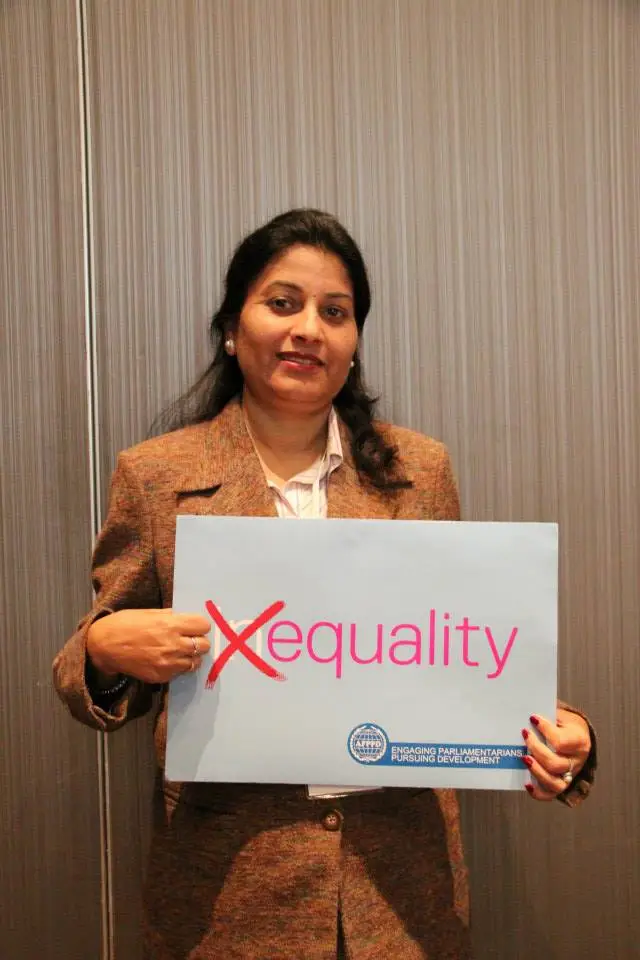
Dina Upadhyay Advocating for Equality and Women's Rights
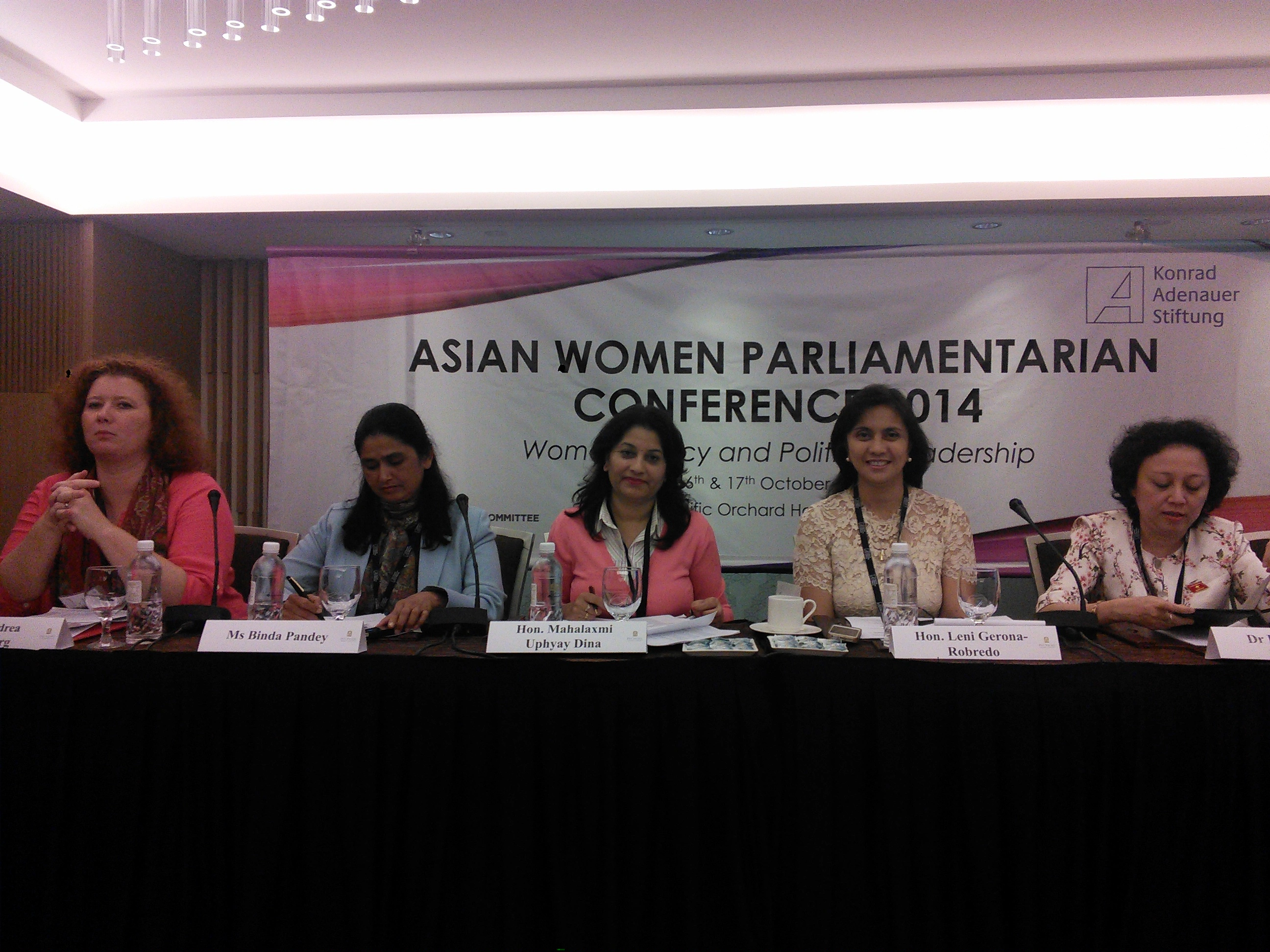
Asian Women Parliamentarian Conference 2014
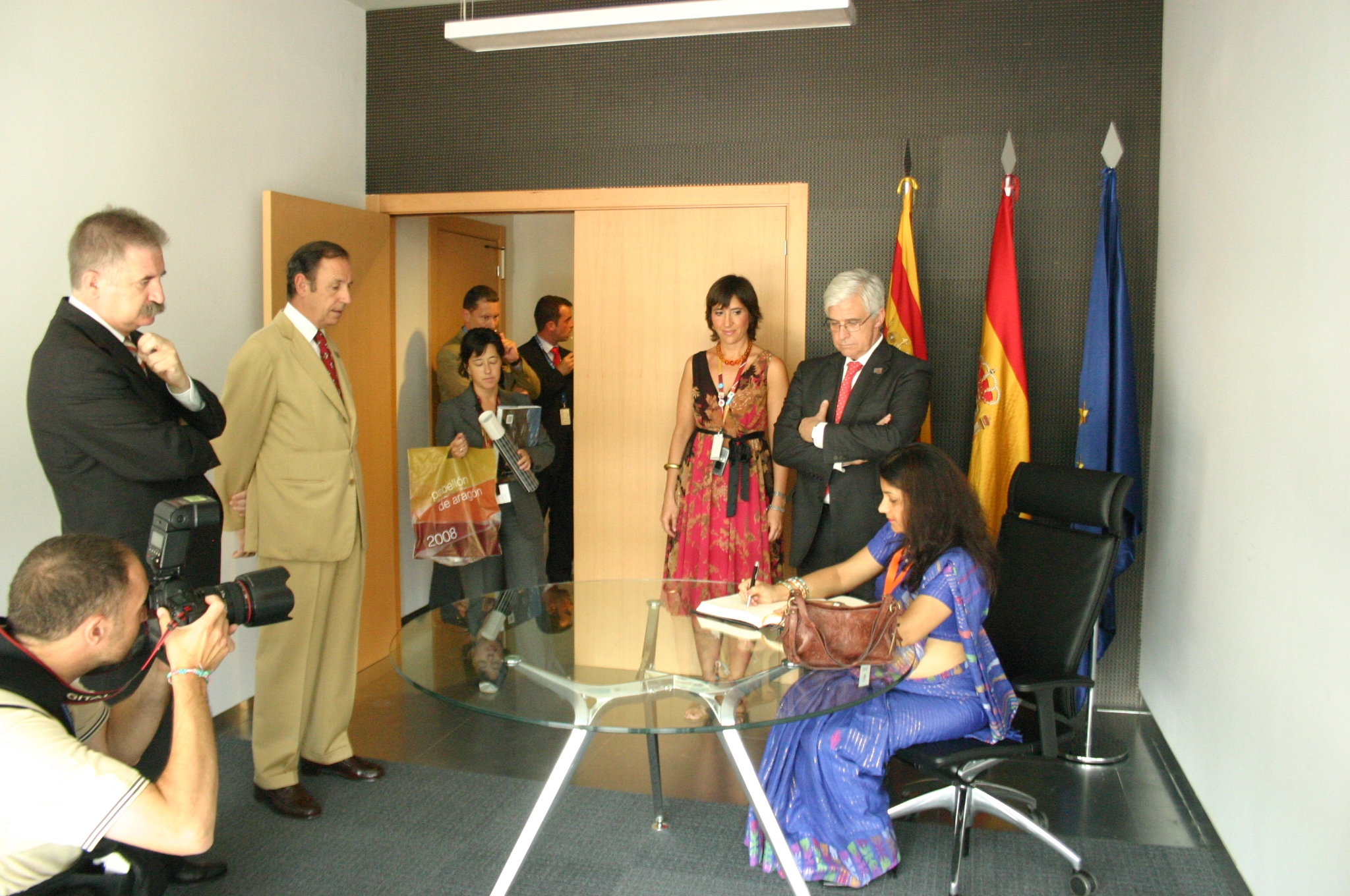
Nepal's Former Water Resource Minister Mahalaxmi Dina Upadhyay at Expo Zaragoza 2008
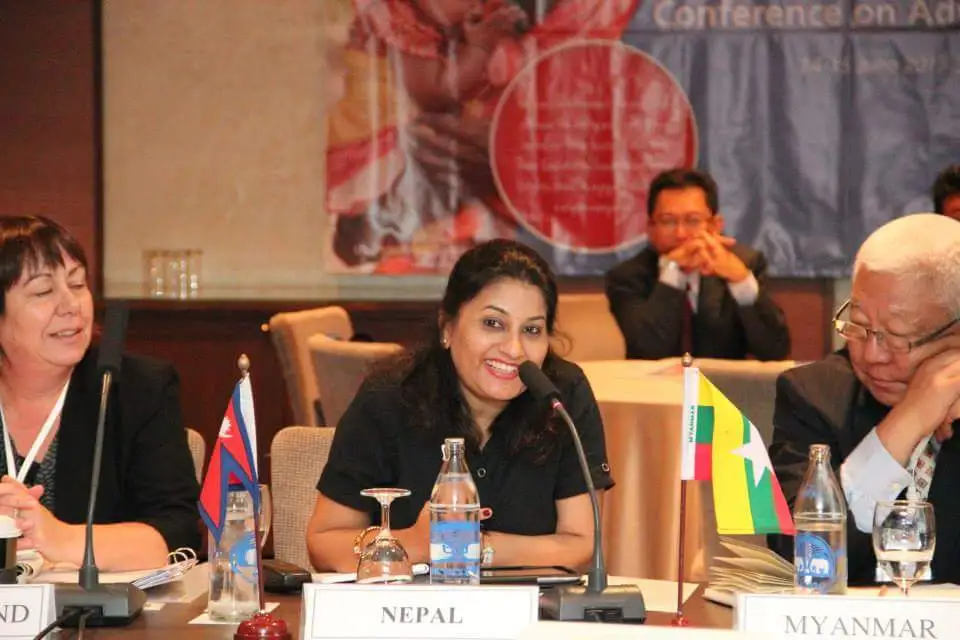
Dina Upadhyay Representing Nepal at International Conference
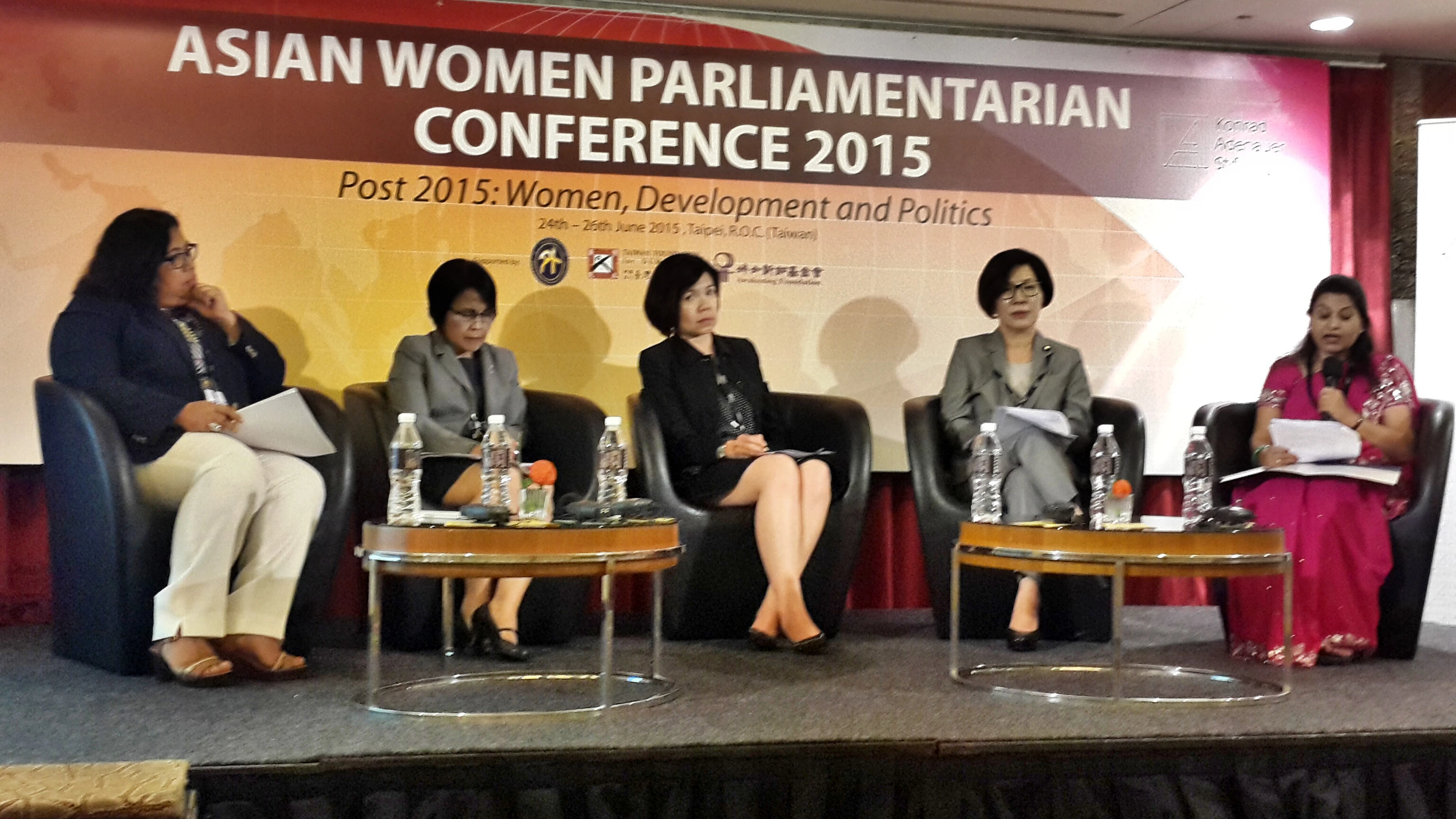
Asian Women Parliamentarian Conference 2015 - Women in Politics and Development
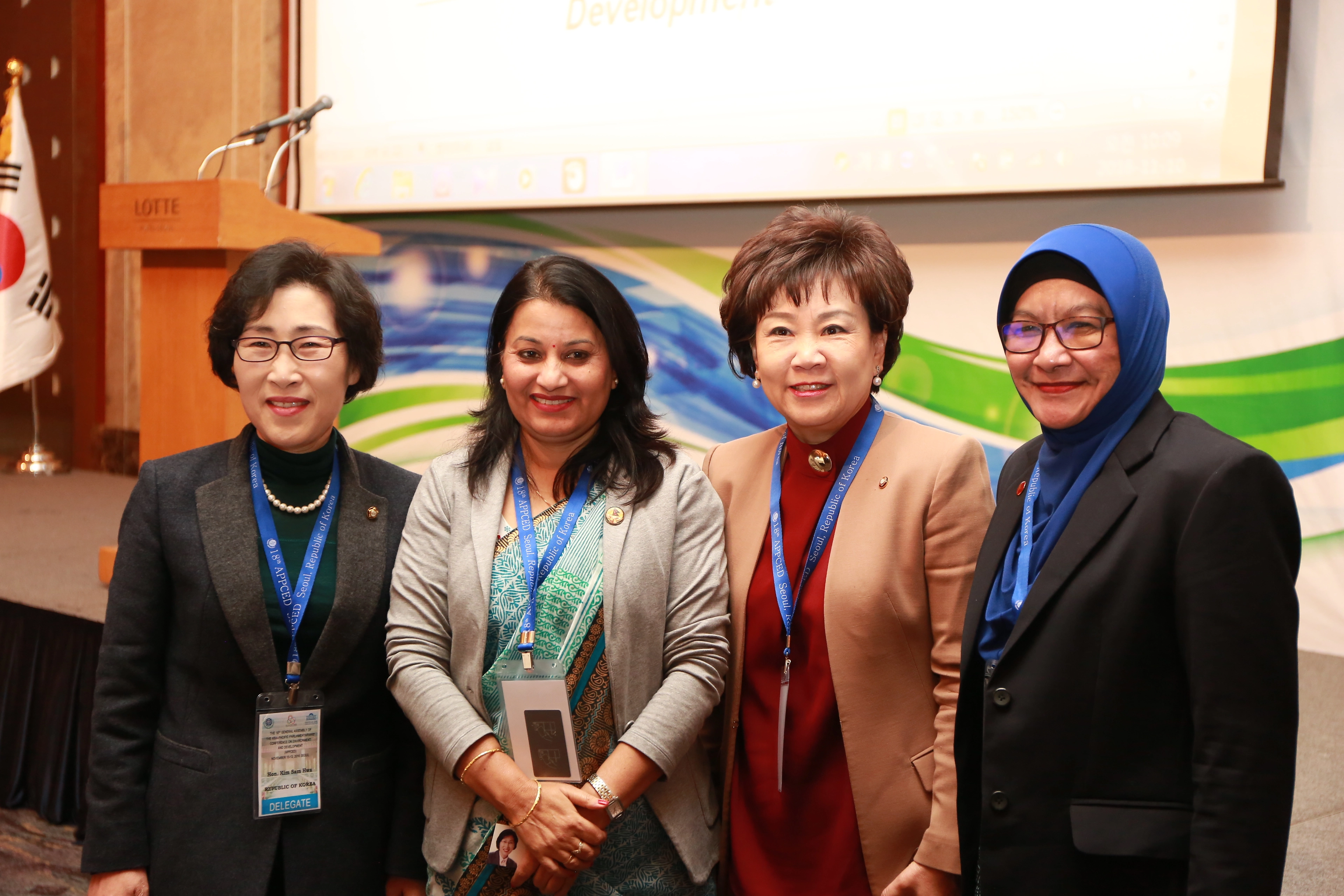
International Parliamentary Gathering
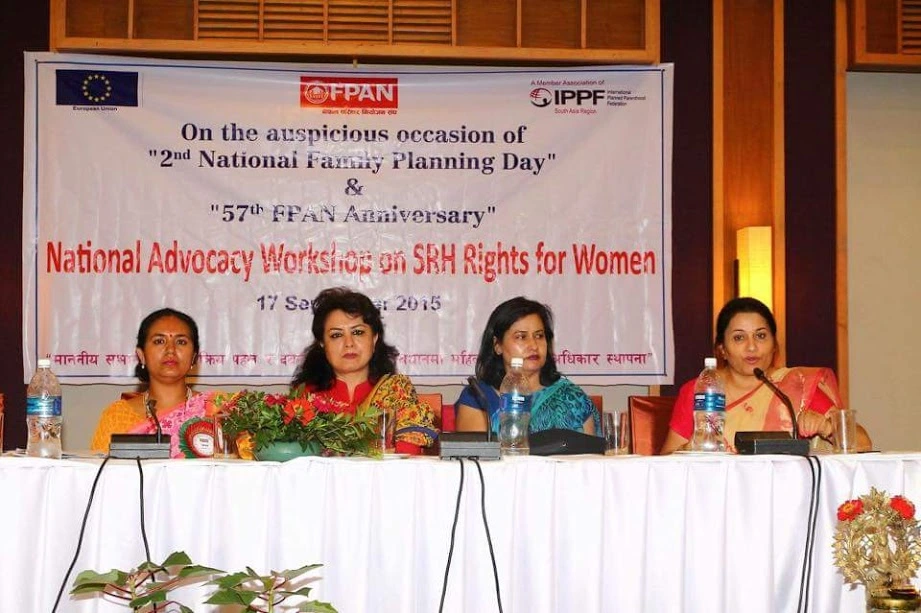
Dina Upadhyay at National Advocacy Workshop on SRH Rights for Women

Mahalaxmi Dina Upadhyay with International Women Leaders in South Korea
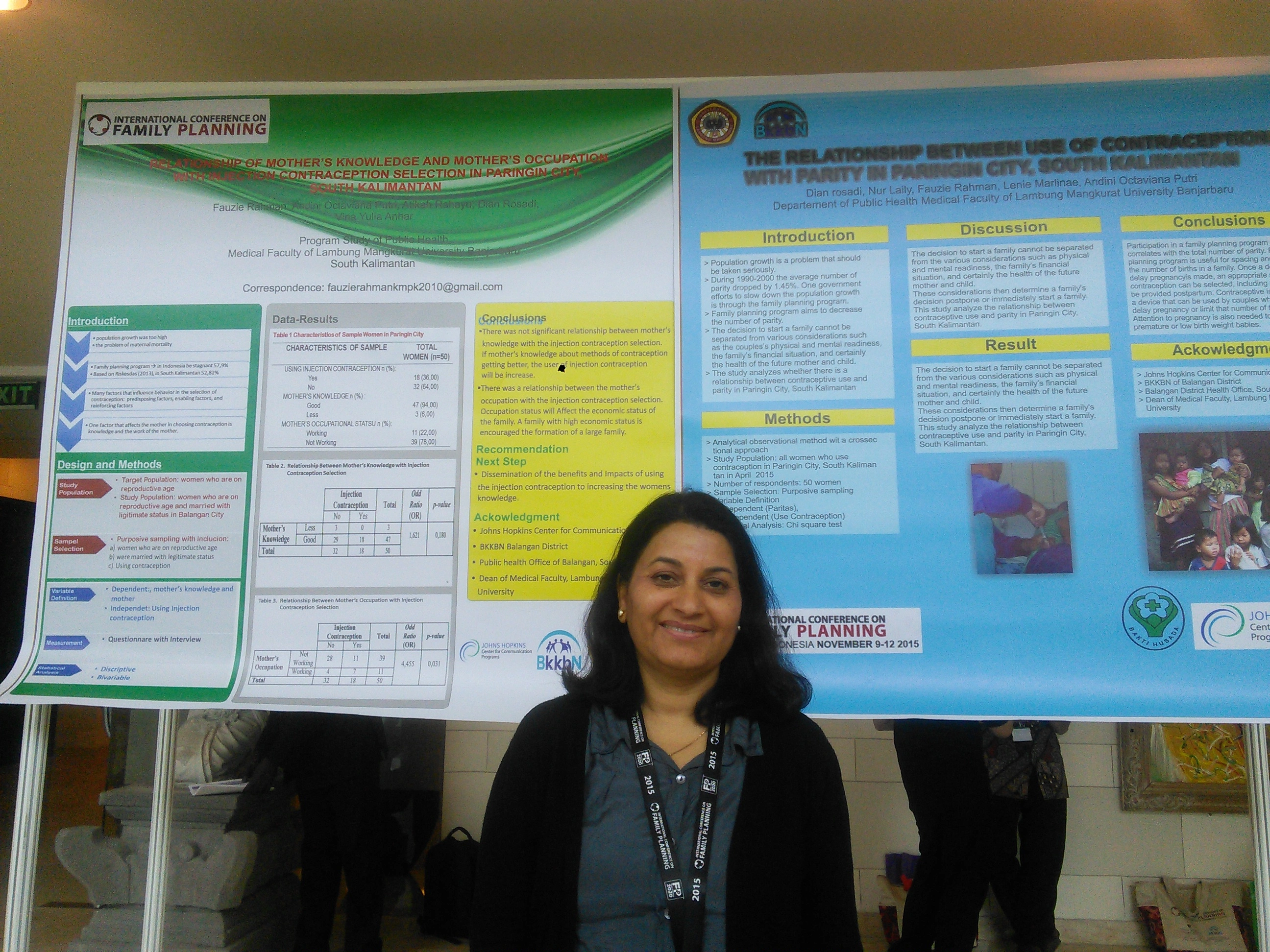
International Conference on Family Planning 2015
Get in Touch
If you would like to connect with Mahalaxmi Upadhyay (Dina) for speaking engagements, interviews, or other inquiries, please use the contact information below or fill out the form.
Contact Information
Office Address
BP Smriti Bhawan, Sanepa, Lalitpur, Nepal - 44600
Phone
+977 9851064899
contact@dinaupadhyay.com